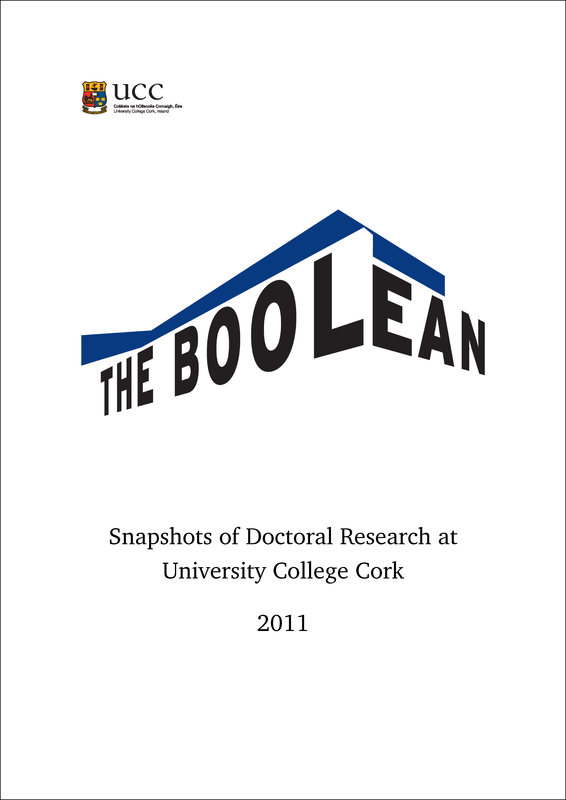Manufacturing challenges in the production of high quality modified-release tablets
DOI:
https://doi.org/10.33178/boolean.2011.41Abstract
The pharmaceutical industry is obliged and regulated to ensure that manufactured medicines (i.e., tablets) meet the highest quality standards. However, no system is perfect. The European Medicines Agency (EMEA) state that somewhere between 5-10% of pharmaceutical production batches must be either reworked or discarded, because they do not fully meet the stringent final quality specifications. Poor production quality, often due to inflexible manufacturing and insufficient process understanding represents an unnecessary burden in both time and expense. According to Cedar Management Consulting, the bulk of the global top 16 pharmaceutical companies’ budgets are spent on manufacturing (~36%), whereas the research and development (R&D) expenses (often considered to be the major cost burden) can be less than half of this (~16%). Therefore, there is great interest in making manufacturing more effective and optimising processes in order to deliver consistent high quality. The goal of this research is to facilitate greater process/production understanding ...References
Published
2011-01-01
Issue
Section
Articles
License
Copyright (c) 2011 the author(s)

This work is licensed under a Creative Commons Attribution-NonCommercial-NoDerivatives 4.0 International License.



